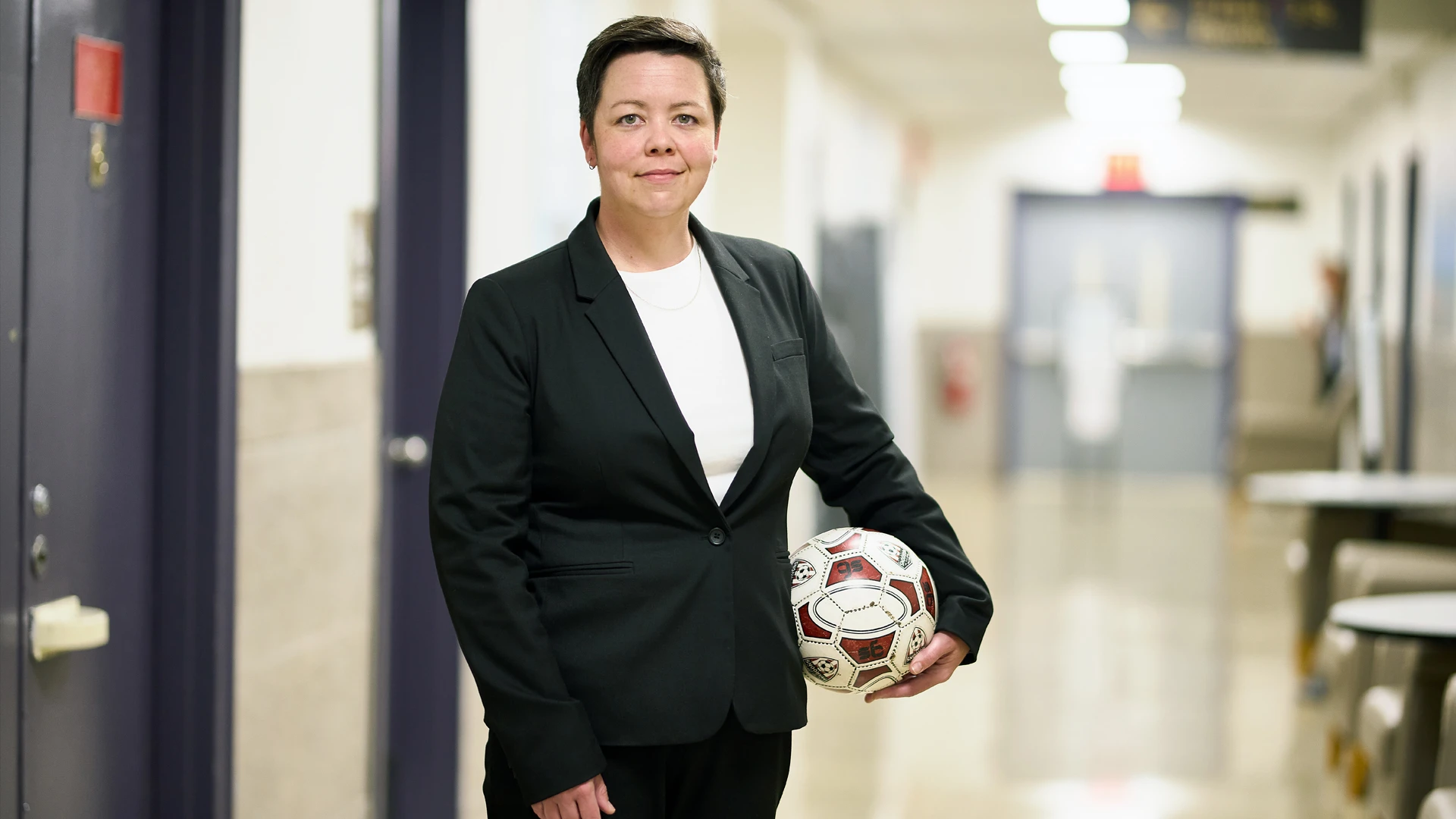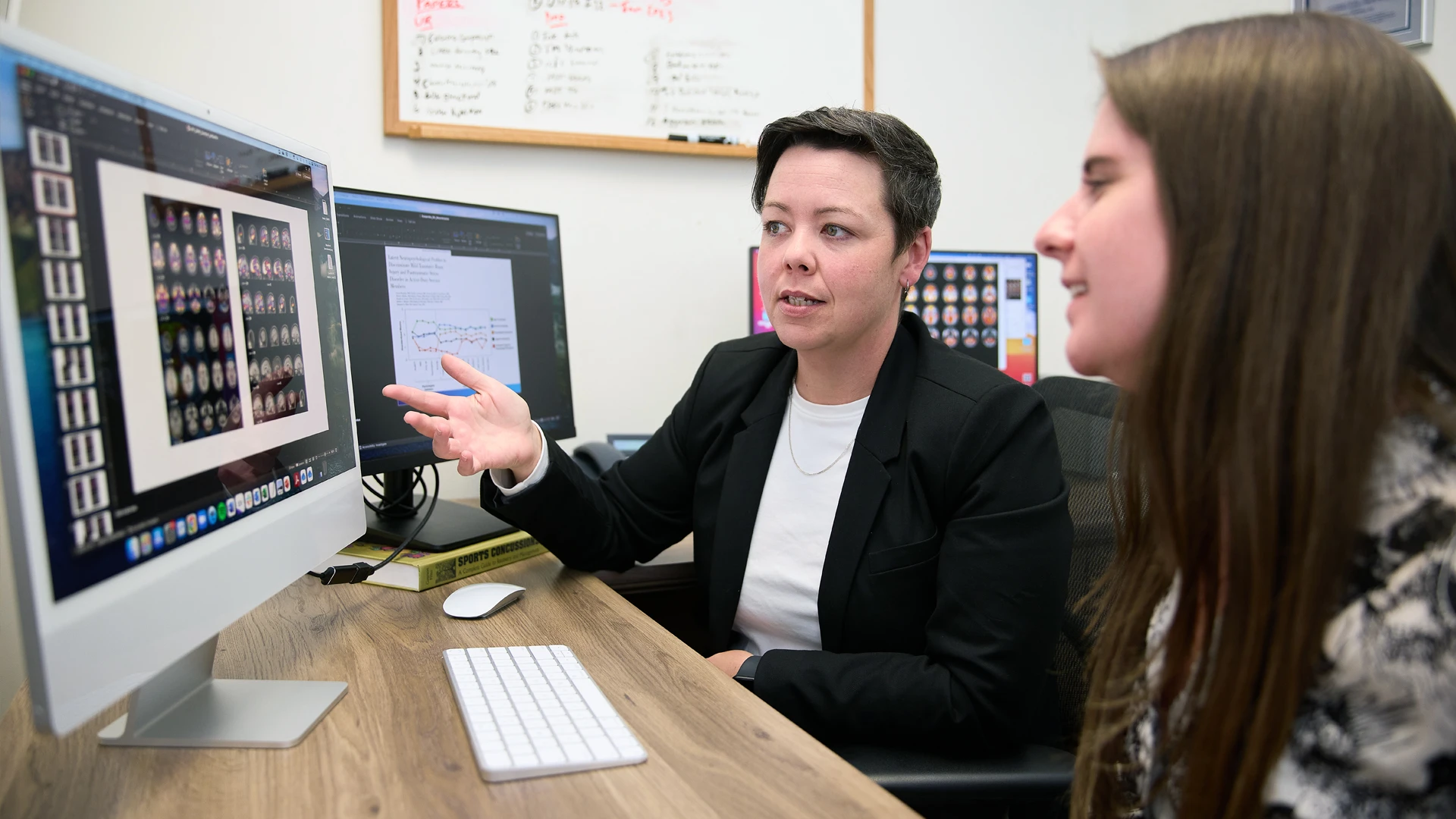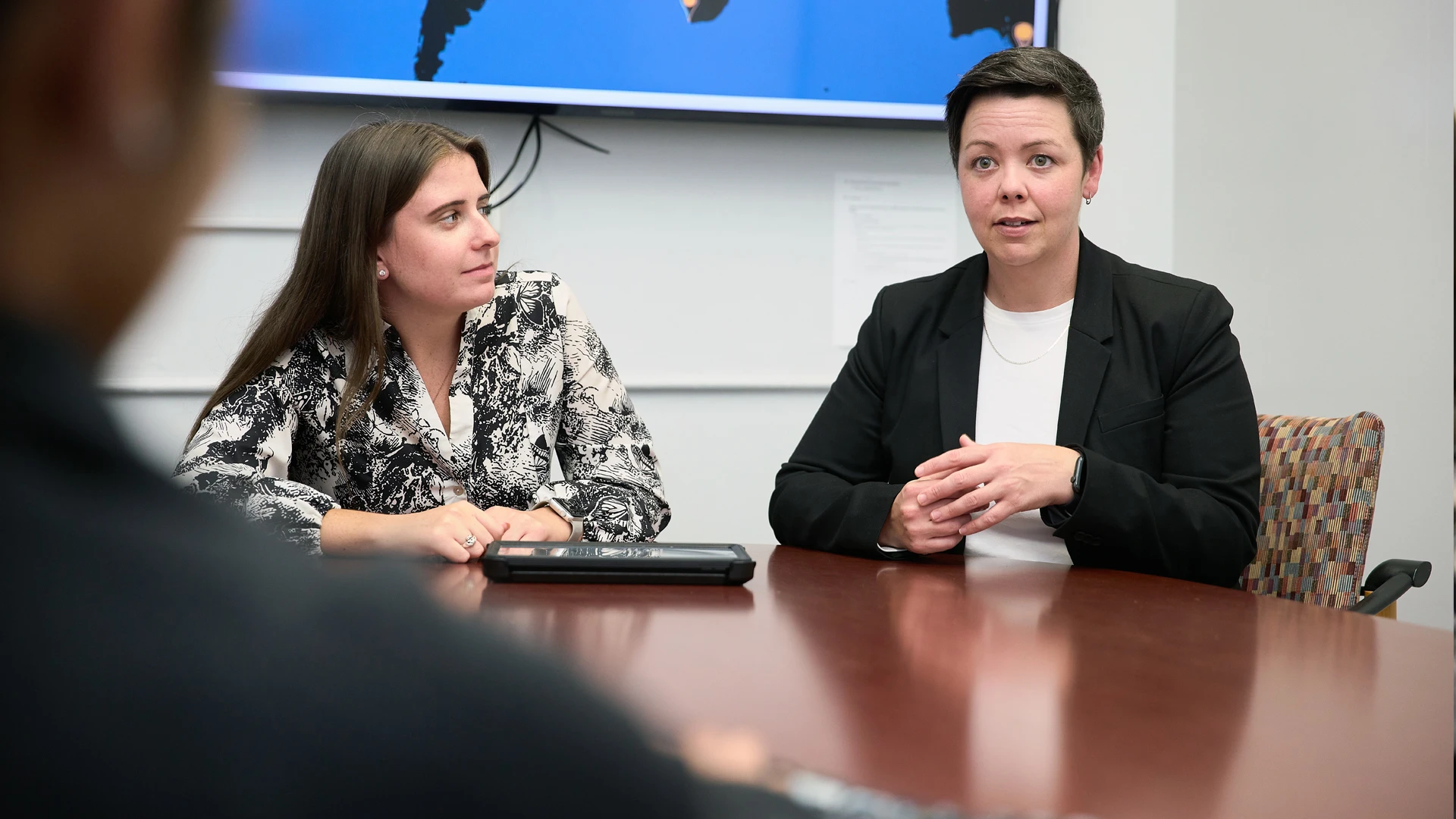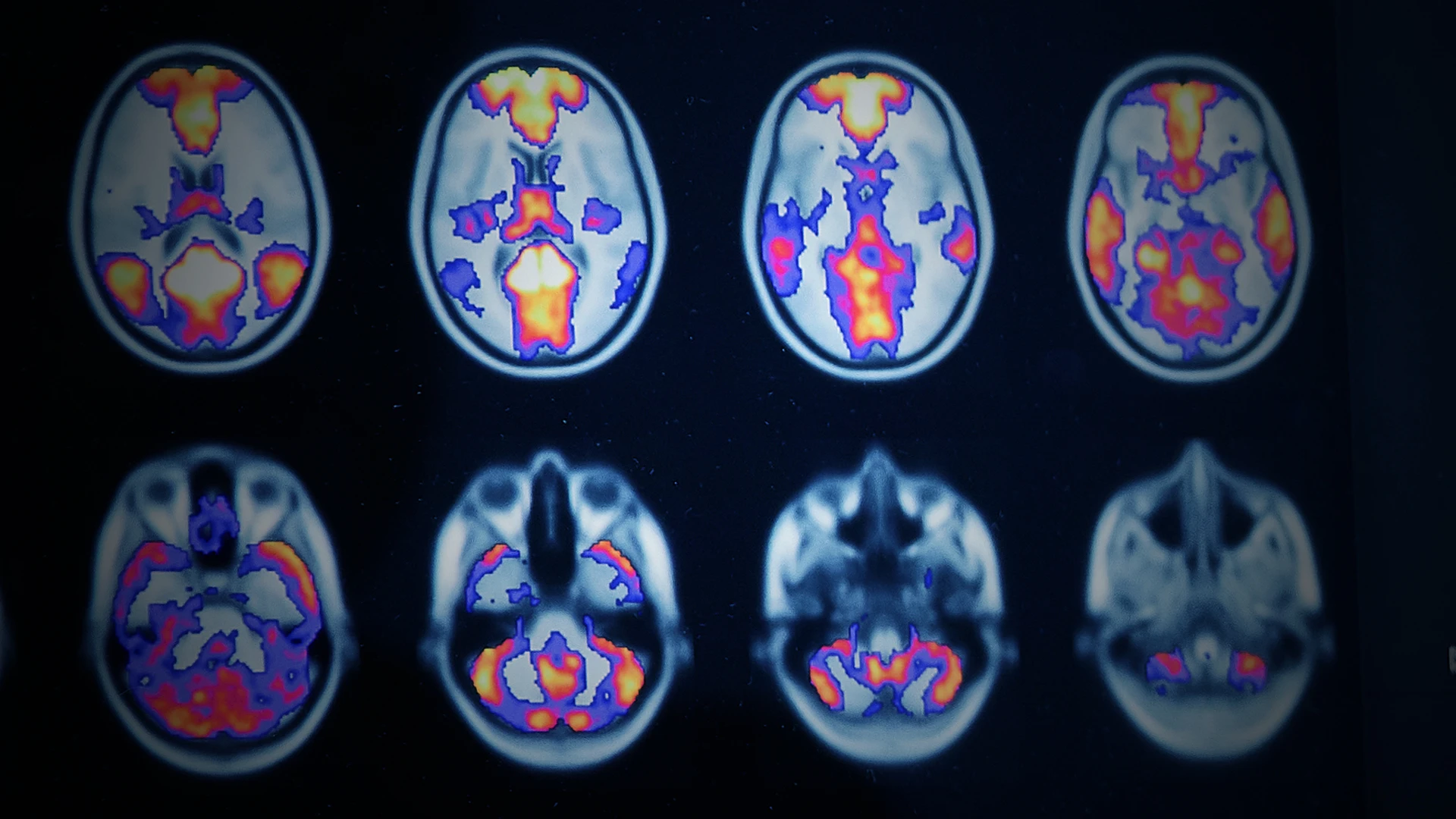Decades of research have advanced the understanding of the impacts of brain injury and head trauma on quality-of-life outcomes, but Carrie Esopenko, PhD, is concerned that large population groups may have been overlooked.
“The lack of understanding as to the implications of brain injury among women—in particular among those who have experienced intimate partner violence (IPV)—is devastating to me,” says Dr. Esopenko, Associate Professor in the Brain Injury Research Center (BIRC) at the Icahn School of Medicine at Mount Sinai.
“Much of our research has focused on outcomes in males, and we are still lacking information on the effects of brain injury research in women.”

Carrie Esopenko, PhD, is leading research on intimate partner violence and brain trauma at the Brain Injury Research Center.
Dr. Esopenko was recruited to the BIRC as Associate Professor of Rehabilitation and Human Performance in April 2022. “The BIRC was doing incredible brain injury research and the Mount Sinai Hospital System has a solid clinical concussion program in place. I was asked to come help develop the research side from the ground up, which has always been a goal of mine,” she says.
Prior to Dr. Esopenko’s appointment, she had already collaborated with Kristen Dams-O’Connor, PhD, Director of the BIRC, on several projects. “Being here also enables me to collaborate more closely with Dr. Dams-O’Connor and other clinicians and faculty to help move the field forward,” she says.
Currently, Dr. Esopenko leads a multisite study, funded by the National Institutes of Health, exploring the chronic effects of head trauma and brain injury among women who have experienced physical IPV. Although one in three women experiences IPV globally — many of whom experience head trauma as an outcome of IPV — there is still limited research in this population. Dr. Esopenko hopes her and her team’s work will substantially add to this growing body of work and help the women suffering from the effects of IPV-related head trauma.

The study that Dr. Esopenko (left) and clinical researcher Katherine Dorman, MA (right), are working on would help close the data gap on head trauma of women who experience intimate partner violence.
Much of her work also includes assessing the effects of head trauma and brain injury in athletes. In fall 2022, she launched an online survey to explore the relationship between brain injury and menstrual cycle functioning in female athletes. The goal is to recruit 1,000 women ages 18 to 45 who have experienced sports-related brain injury, and investigate whether there are differences in risk for sports-related concussion versus musculoskeletal injuries to other parts of the body, or whether hormone contraceptives have an impact on concussion outcomes.
“There is some evidence to suggest there is a relationship between concussions and menstrual cycle functioning in female athletes, but we cannot make any such claims until we have more robust data,” Dr. Esopenko says.
Collaboration Is Key to Equity
Recently, Dr. Esopenko has extended her work in IPV and brain injury to transgender individuals, and she is collaborating with Joshua Safer, MD, Executive Director of the Mount Sinai Center for Transgender Medicine and Surgery, on this front.
“This is another understudied population, not just from the perspective of intimate partner violence-related brain injury but also how hormones may impact outcomes after brain injury,” she says.
These efforts will help overcome the challenges of limited research in cisgender women and populations often underrepresented in brain injury research. “Once you start looking at populations outside of cisgender males, you realize there are different mechanisms of injury and biological and social factors that affect recovery,” she explains.

In addition to addressing research inadequacies of outcomes in women, Dr. Esopenko hopes to expand her work to include transgender populations and other minorities too.
Dr. Esopenko’s push for gender equity in research has led her to workwith large-scale studies to gain insights on sex- and gender-specific outcomes and prevention methods for military, civilian, and athletic populations. These include leading the Enhancing NeuroImaging Genetics Through Meta-Analysis (ENIGMA) Consortium—IPV working group, an effort that includes more than 70 investigators globally —and her on-going work with Rutgers University through the Ivy League/Big Ten Epidemiology of Concussion study, which has 20 participating institutions and more than 3,500 cases collected.
The work with the ENIGMA IPV working group, and specifically through its newly developed Global Knowledge Exchange Network, is bringing together care providers and other stakeholders to facilitate the development of educational offerings and support for those working with IPV-related brain injury. This, Dr. Esopenko says, will address another gap that has long hindered progress in achieving optimal outcomes among patients: limited training on IPV-related head trauma and brain injury for care providers.
“I want to see true equality in our understanding of brain injury,” Dr. Esopenko says. “If we achieve that and gain more insights as to both risks and treatment strategies, we can have a huge impact in acute management of injuries and long-term quality of life among females who experience brain injury.”
Featured

Carrie Esopenko, PhD
Associate Professor, Rehabilitation and Human Performance
